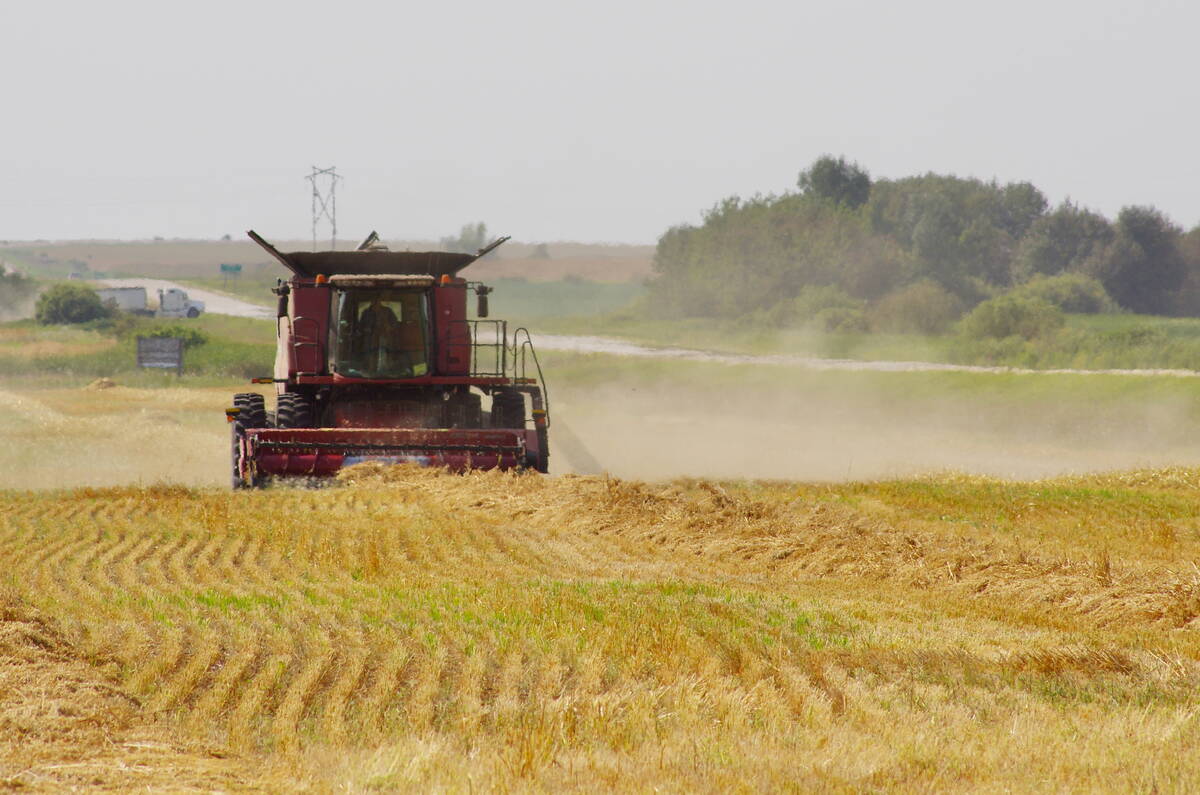The president of Syngenta Canada recently gave a downtown Toronto business crowd a primer on opportunities facing Canadian agriculture if only anti-biotechnology campaigners don’t get in the way.
The livestock sector income meltdown, exporter struggles with a fluctuating and high dollar and other farm-level problems were nowhere to be found in Jay Bradshaw’s upbeat speech to the Economic Club.
“Despite the doom and gloom news stories that sometimes surround agriculture, from a financial point of view the agriculture industry is an extremely vibrant and viable one for Canada,” he said.
Read Also

Herbicide resistance sprouts in Manitoba’s wild oats
Farmers across Manitoba this fall are gearing up for the latest salvo in what, for many, has become a longtime battle to beat out wild oats.
With a large arable land mass and a quarter of the world’s fresh water, Canada is well positioned to benefit from a growing world demand for food fueled by an expected 50 percent increase in the global population to nine billion people by 2050.
“According to the United Nations Food and Agriculture Organization, global food output will have to increase by 70 percent by 2050 to accommodate the world’s population,” Bradshaw said.
He argued that the only way it can be done is through the type of research Syngenta does into new pest management products and higher yielding, drought tolerant crop varieties created through genetic modification.
“At Syngenta, we believe it is only through technology and knowledge that we will satisfy the world’s growing food requirements.”
He also warned about genetic modification critics who argue that the regulatory system should include not just scientific judgments but social and economic judgments as well.
“The science around biotechnology and pesticides is highly regulated and rigorously reviewed by Health Canada,” he told the business crowd.
“Yet we too must be wary of what has now been termed ‘junk science’ as there is a great deal of misinformation and misunderstanding about crop technology.”
He suggested Europe is forced to import essential food supplies because the European Union “is rejecting many modern agricultural technologies.”
Bradshaw complained that vitamin A-enhanced Golden Rice, modified with genes from the daffodil plant, is denied to consumers in Africa and Asia because of a political ban on GM crops.
“This presents a very real, very serious moral dilemma.”
He said urban Canadians should set aside their image of farmers in overalls and a straw hat.
“Whether they’re small family farms or multimillion-dollar operations, farms today are businesses,” Bradshaw said.
“In Canada, agricultural producers are businesspeople concerned with things like human resources, financial planning, agricultural commodity markets and trade and transportation issues.”
He said their industry is poised for a revolutionary expansion to feed the world and supply material for the bio-manufacturing sector and the fuel industry.
















